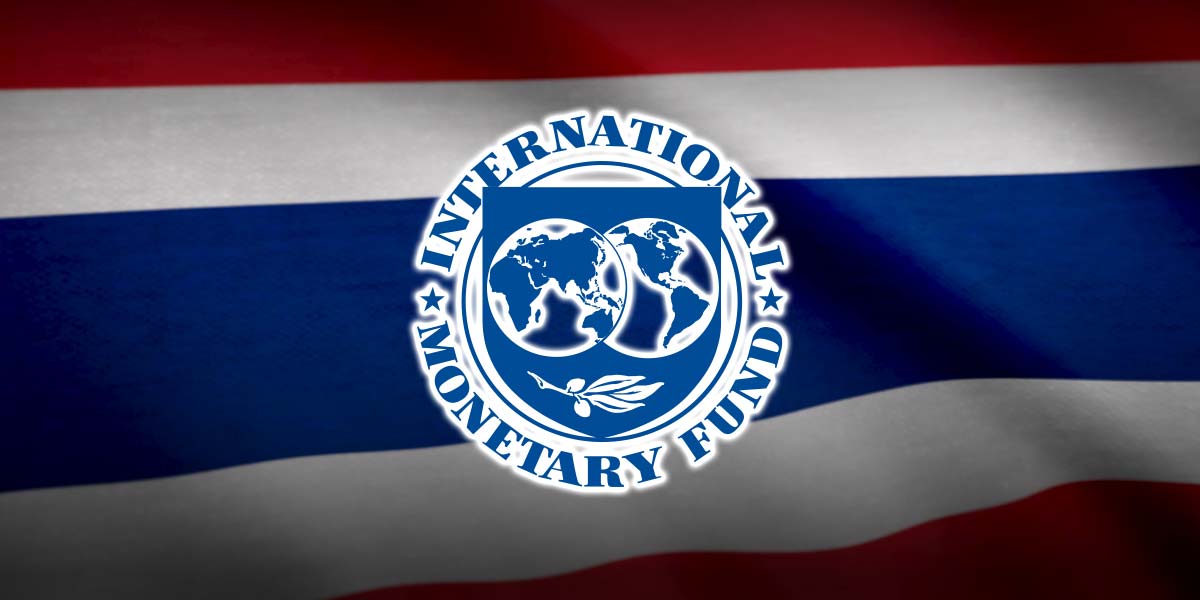The International Monetary Fund forecasts Thailand’s GDP growth to slow further, projecting an expansion of just 1.6% in 2026. This subdued outlook is attributed to weakening exports, the impact of elevated U.S. tariffs, persistent domestic vulnerabilities, and ongoing political uncertainty.
An International Monetary Fund team, led by Peter Breuer, recently completed its Article IV Consultation with Thailand, highlighting that the economic outlook is increasingly challenged by weaknesses such as elevated household debt and slower export growth, a situation now exacerbated by new trade barriers. U.S. tariffs, though revised down from 36% to 19%, have dealt a significant blow to the Thai economy, while declining foreign tourist numbers and recent political changes have increased uncertainty.
Despite these headwinds, Thailand’s economic performance exceeded expectations in the first half of 2025, with GDP expanding by 3%. The jump was fueled by strong exports ahead of anticipated U.S. tariffs, and a rebound in private investment after a year of contraction. However, private consumption growth remained sluggish, and public spending increased due to prior delays in budget approval.
The IMF projects a slowdown in the second half of 2025, with GDP growth expected at 2.1% for the year and falling further to 1.6% in 2026. Weaker exports, tighter financial conditions, and subdued domestic demand are forecast to be major drags, while headline inflation is anticipated to remain below target at -0.1% this year and 0.4% in 2026.
Risks remain skewed to the downside, with prolonged trade policy uncertainty and political instability threatening both growth and inflation. The IMF notes that a quick resolution of global and domestic challenges could improve Thailand’s prospects.
To support growth, the IMF recommends moderate fiscal expansion utilizing current budget carryovers, with a focus on well-targeted, growth-enhancing expenditures. The team welcomed Thailand’s decision to redirect universal cash transfers toward investment projects and increased social support for vulnerable groups, conditional on progress toward prudent fiscal consolidation.
Monetary policy settings offer room for further easing, according to the IMF, and greater policy coordination is encouraged to reinforce economic stability. Further household debt relief initiatives and SME support are also prioritized, alongside urgent structural reforms needed to boost labor productivity and economic resilience.





